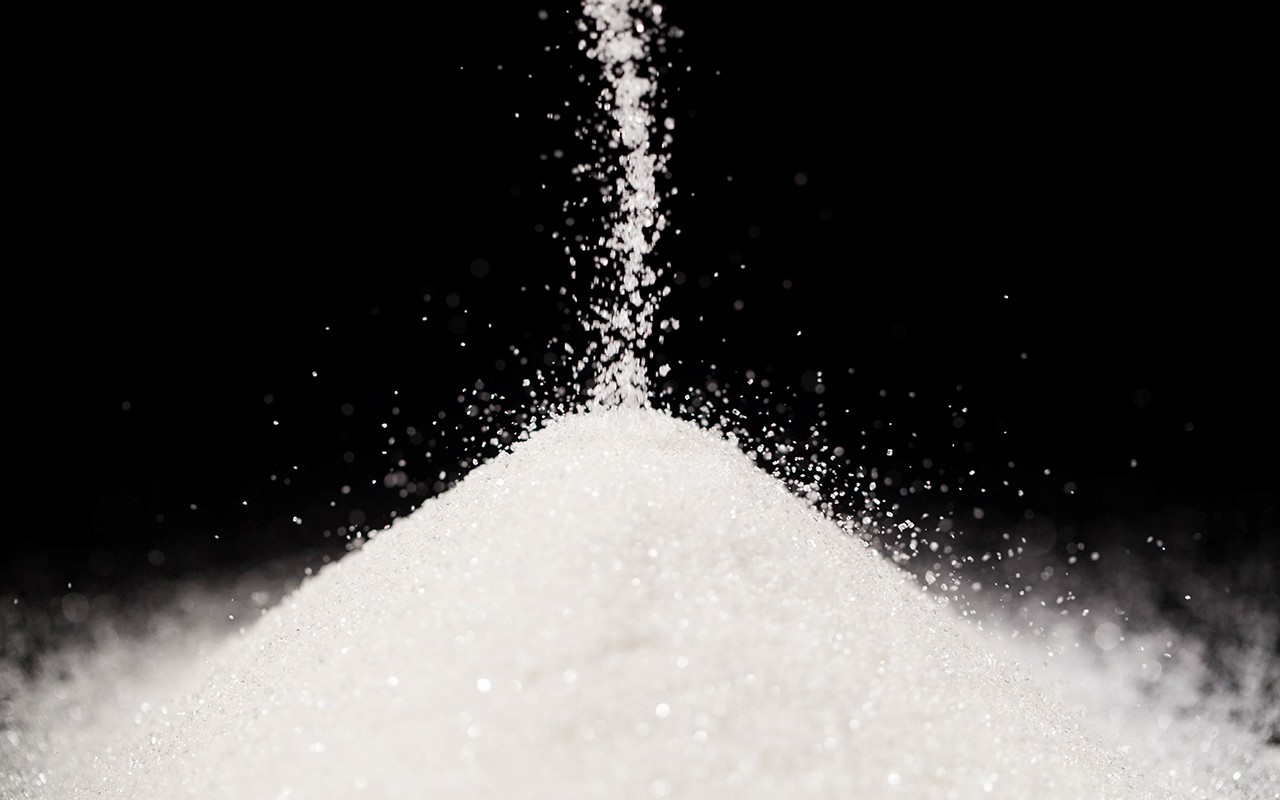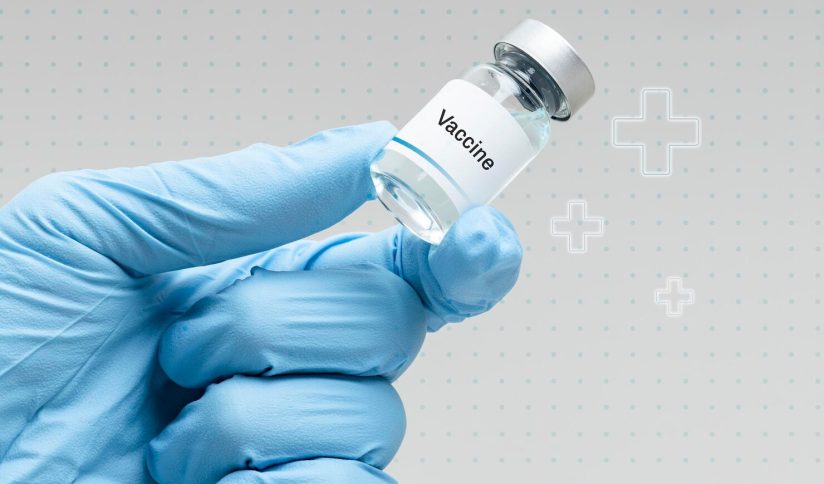Sugar Importation : Permission & How?
June 21, 2023 | 2231 views
“Sugar” is a product that requires permission before importation. In the MICE industry in Thailand, the International Society of Sugar Cane Technologists (ISSCT) has previously selected Thailand as the host country for the 29th International Society of Sugar Cane Technologists Congress (XXIX ISSCT Congress) in 2016. The congress was a progressive meeting of sugarcane and sugar technology and innovation from around the world, with over 2,000 qualified participants from 80 countries attending.
Sugar is closely related to important industries in Thailand, both in the food and agriculture sectors. However, many people may not be aware that “sugar” is one of the prohibited import goods and has import-export-transit regulations that require permission and certification according to the Ministry of Commerce’s trade agreements and measures.
Control scope: Sugar derived from sugarcane or sugar beets, and chemically pure sucrose in a solid form.
Import Conditions:
- A permit must be obtained for imports from countries that are not members of the World Trade Organization (WTO) or signatories to the General Agreement on Tariffs and Trade (GATT) 1947. The Ministry of Commerce will consider the production and trade situation.
- Various certificates are required for imports from specific country groups, as follows:
- Imports from WTO members or GATT 1947 signatories: Products originating from member countries must have a certificate of origin showing eligibility for tariff payment according to the WTO Agreement on Agriculture. No import permit or additional fees need to be requested.
- Imports under the Thailand-Australia Free Trade Agreement (TAFTA): Products originating from Australia must have a certificate of origin. No import permit, extra fees, or import regulatory measures need to be followed.
- Imports under the Thailand-New Zealand Closer Economic Partnership (TNZCEP): Products originating from New Zealand must have a certificate of origin. No import permit, extra fees, or import regulatory measures need to be followed, and there are no import quantity restrictions.
- Imports under the Japan-Thailand Economic Partnership Agreement (JTEPA): Products originating from Japan must have a government-issued certificate of origin or a certificate issued by an authorized government agency. The certificate should indicate the entitlement to full or partial tax exemption, excluding non-tax measures.
- Imports under the ASEAN-Korea Free Trade Agreement (AKFTA): Products originating from AKFTA member countries must have a certificate of origin (Form AK) indicating the entitlement to full or partial tax exemption, excluding non-tax measures.
- Imports under the ASEAN Free Trade Area (AFTA): Products originating from ASEAN member countries must have a certificate of origin (Form D) issued by the ASEAN member country and presented to the Customs Department.
- Imports under the Thailand-Chile Free Trade Agreement: Products originating from Chile must have a government-issued certificate of origin (Form TC) or a certificate issued by an authorized government agency. The certificate should indicate the entitlement to full or partial tax exemption, excluding non-tax measures.
- Importers who have obtained a certificate of origin must report imports to the Department of Foreign Trade within 30 days.
Source: Department of Foreign Trade, Ministry of Commerce.
For more details, please visit





